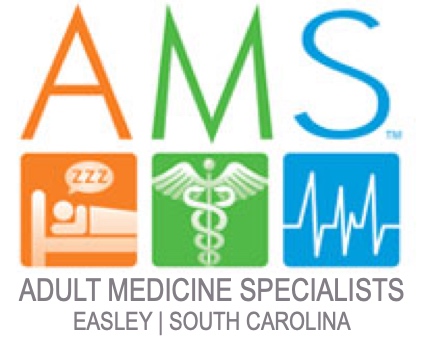Heart disease also referred to as cardiovascular disease is the primary cause of death among men and women in the United States. It is a term used to describe a condition that involves blocked or narrowed blood vessels. There is a wide range of disorders that affect the heart and blood vessels that are considered heart disease. These disorders include congenital heart defects, coronary artery disease, and heart rhythm problems.
Coronary artery disease is the most common and occurs when there is a buildup of fatty plaques in your arteries causing damage to your blood vessels or heart. The arteries of your heart carry oxygen and nutrients to the rest of your body. When fats build up in your arteries, less oxygen can travel through your arteries causing them to become thick and stiff, thus restricting blood flow to your tissues and organs. When this happens, serious complications can occur such as a stroke or heart attack.
Symptoms vary depending on the type of heart disease but may include chest pain (angina), pain and numbness in your legs and arms and shortness of breath. There are a number of risk factors that can increase one’s chance of developing heart disease such as age, sex, family history, diabetes, and obesity. Smoking, high blood pressure, high cholesterol, high stress, and a poor diet can also be contributing risk factors to developing heart disease.
Depending on the type and severity of heart disease one has will determine the proper course of treatment needed. We will perform a thorough examination and develop a personalized treatment plan to meet your individual needs. Treatment options may include:
- Lifestyle Changes: a change in diet and exercise, as well as quitting smoking and decreasing your alcohol intake may be recommended in treating your heart disease.
- Medications: if simple lifestyle changes aren’t effective, prescription drugs may be used to control your heart disease and/or lower cholesterol.
- Surgery: as a last resort, certain medical procedures or surgery may be necessary to clear the blockages in your heart.
Your physician will thoroughly explain the details of your heart disease, the risks involved, treatment options available, and our recommendations.
If you or a loved one experience any of the symptoms mentioned above, please contact your physician immediately to have a comprehensive examination to detect any potential problems early.
